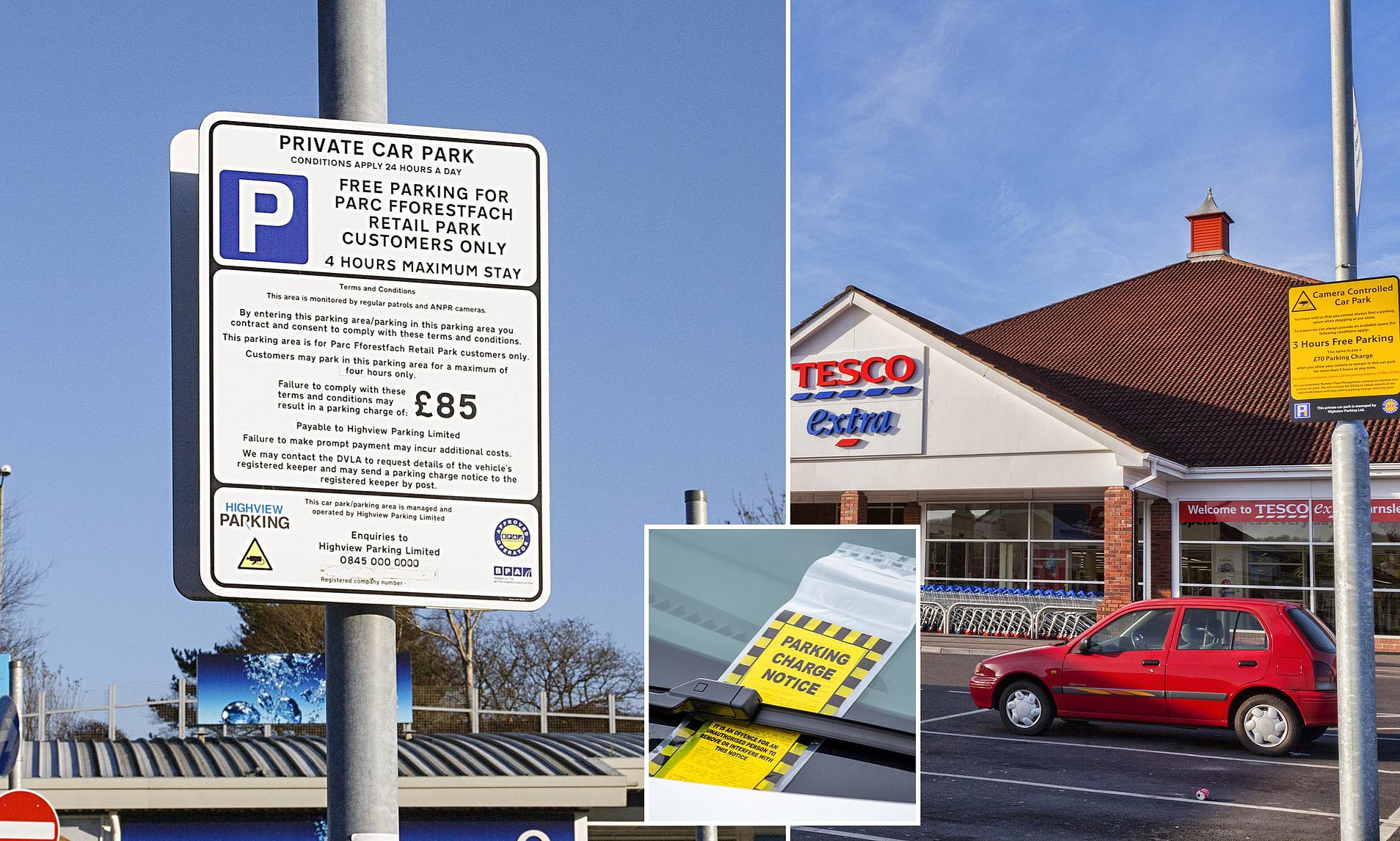
Government Faces Backlash for Submitting to Rogue Parking Companies

Government Response to Record Parking Tickets in Britain
In a significant move following revelations about an unprecedented number of parking tickets issued in Britain, the Government has announced a new initiative aimed at reforming the private parking sector. A week after reports highlighted that private parking companies issued a staggering 14.4 million tickets last year, officials confirmed the launch of a consultation designed to enhance standards and eliminate misleading practices commonly associated with these firms.
Consultation for a Fairer Parking System
The Ministry of Housing, Communities and Local Government is spearheading this consultation, which seeks to establish a legally backed code of practice for private parking companies. The goal is to create a more transparent and equitable system for motorists, addressing the widespread concerns regarding confusing processes and deceptive tactics employed by some companies.
Recent analysis indicated a 13 per cent rise in parking charge notices issued from the previous year, with the total expected to reach 12.8 million. This marks a dramatic increase from just 6.8 million notices issued in 2018-2019. With each ticket potentially costing up to £100, the financial burden on drivers could amount to an estimated £3.9 million daily.
Concerns Over Proposed Measures
While the announcement of a crackdown on the parking industry was initially met with optimism by drivers and motoring organisations, the Automobile Association (AA) expressed disappointment over the proposed measures, labelling them insufficient. The AA accused the Government of capitulating to the interests of the private parking sector, particularly highlighting the plans to increase the cap on penalty charges to £100 instead of the previously suggested £50.
Jack Cousens, the AA’s roads policy spokesperson, voiced concerns that retaining debt recovery fees and implementing a £20 ‘mitigation’ charge does little to protect drivers. He urged motorists to participate in the consultation to share their experiences with private parking firms, emphasising the need for the Government to understand the widespread frustration among drivers regarding predatory practices in the industry.
Need for an Independent Appeals System
Nicholas Lyes, the director of policy and standards at IAM RoadSmart, pointed out the importance of establishing a national code of practice alongside an independent appeals system monitored by a scrutiny board. He highlighted the necessity of banning exorbitant debt recovery fees, which often add to the financial strain on drivers.
Overview of the Parking Industry
Throughout the past fiscal year, a total of 184 parking firms issued charges to motorists, with five companies alone accounting for nearly half of the total tickets issued. The leading offenders included ParkingEye, Euro Car Parks, APCOA Parking, Horizon Parking, and Civil Enforcement Ltd. This trend reflects an increasing number of companies managing parking enforcement on private properties, particularly in locations such as supermarkets, train stations, and leisure facilities.
These car parks are monitored using automatic number plate recognition (ANPR) technology, allowing operators to track vehicles and pursue registered keepers for alleged parking violations. The process involves obtaining vehicle details from the DVLA’s database, generating significant revenue for the agency through requests.
Issues with Payment Machines
There have been rising complaints from drivers about unfair tickets attributed to the functionality of payment machines. Some drivers have reported that machines allow payment to be processed after only a single character of their vehicle registration is entered, leading to situations where they believe they have paid correctly, only to receive a parking charge notice later when their vehicle is detected by ANPR cameras.
Historical Context and Future Steps
The Government’s consultation is set to run for eight weeks. Previous attempts to introduce a legislation-backed code of conduct received royal assent in March 2019 but were retracted by the Conservative government in June 2022 following legal challenges from parking companies. This code aimed to halve the cap on parking fines, establish a fair appeals process, and eliminate aggressive language on tickets.
Simon Williams, head of policy at the RAC, stressed the urgent need for a robust, government-backed private parking code of practice. He noted that the current consultation is a response to the industry’s successful efforts to block the implementation of the previously proposed code.
The British Parking Association (BPA) also weighed in, supporting the principles of the Parking Code of Practice Act while emphasising the need for effective enforcement. The BPA argued that without proper regulation, parking can become chaotic, negatively impacting those who require access to spaces, including disabled individuals and parents with young children.
As the consultation progresses, stakeholders from various sectors will have the opportunity to contribute to the development of a code that aims to balance the needs of drivers, communities, and responsible parking operators.








